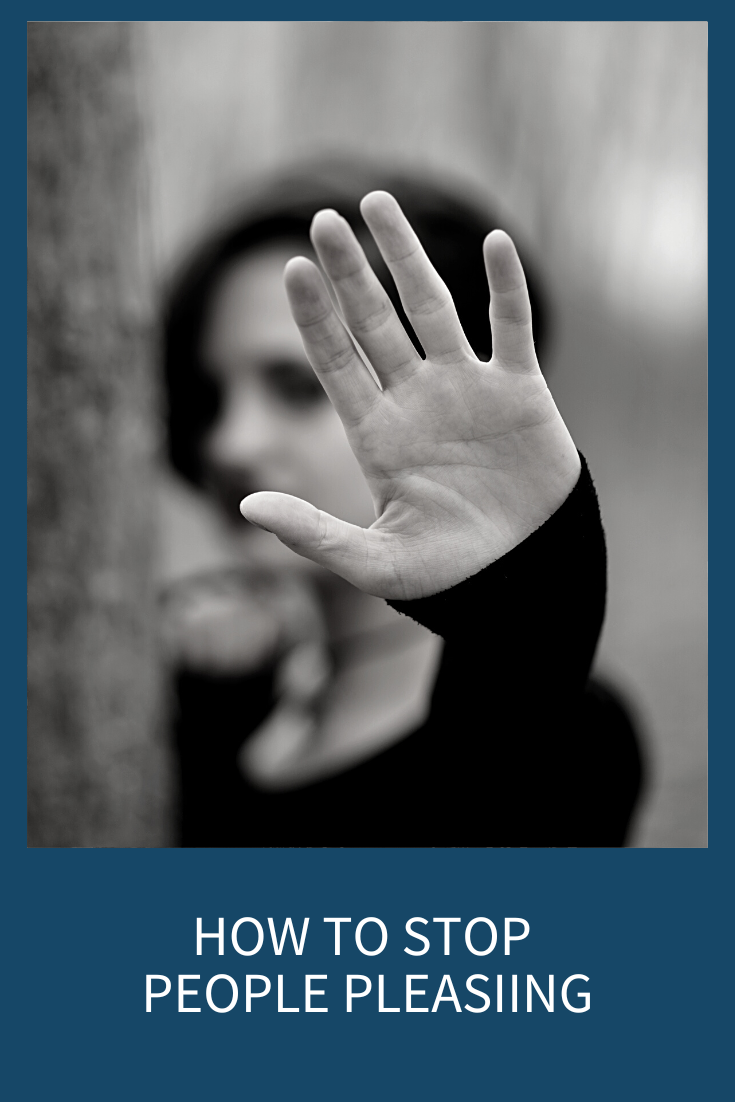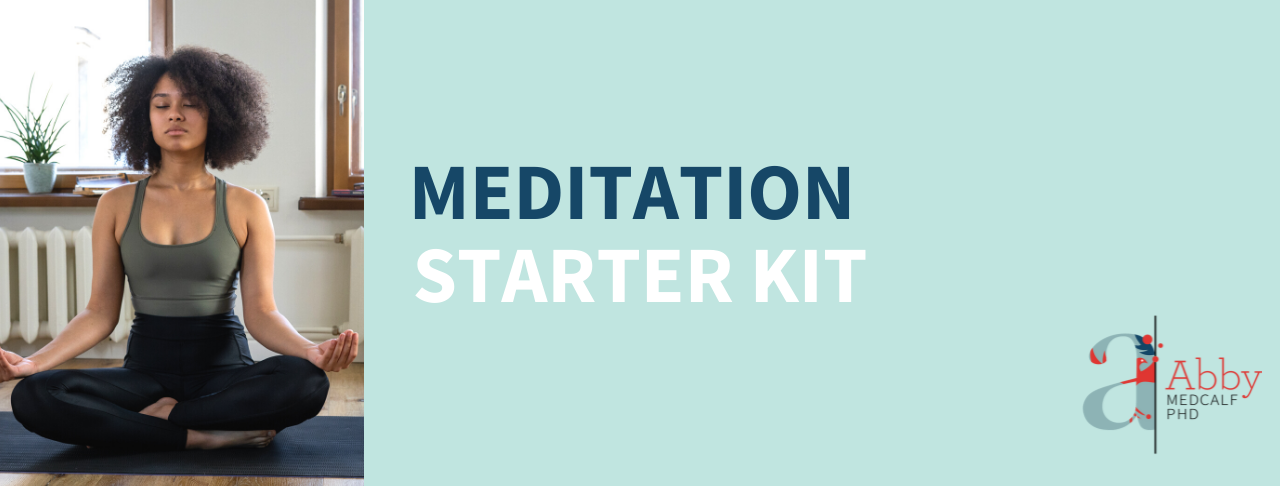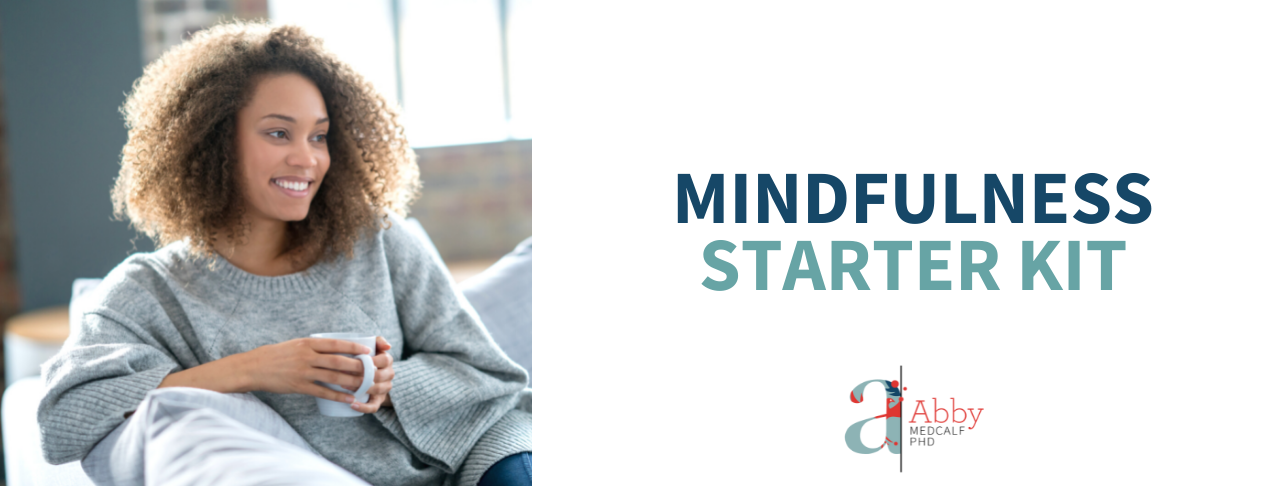
I’ve got a quick quiz for you. Do you put other people’s needs ahead of your own? Do you feel guilty when you say “no”? Are you not saying what you really need and feel because you don’t want to upset someone else? Do you often feel resentful, frustrated, unappreciated, or emotionally drained in your relationships? If you answered “yes” to any of these questions, today’s show is for you. Today you’ll learn the difference between people pleasing and just being nice or supportive, why you people please, and my top tips to stop people pleasing once and for all! So stay tuned!
11-minute read
First Things First: Are you a People Pleaser?
There are many signs of people pleasing, but at the end of the day, they all add up to you being overly concerned with keeping other people happy with you. Earning someone else’s approval (aka, they like you) is a top priority and the way you maintain your relationships. You do this by doing too much for others, saying “yes” when you want to say “no,” avoiding any potential conflict, and keeping the peace every chance you get.
But Maybe I’m Just Nice, Abby
People pleasers are often seen in a good light: They’re helpful, agreeable, and nice. They’re quite attuned to how other people are feeling and are likely thought of as a great friend or partner. It’s wonderful to be kind, and I hope you continue to do that, but you have to be kind to yourself first, and that’s where people pleasers lose their way. They don’t see themselves as “people” who deserve pleasing, which leads to self-neglect and negative feelings. In fact, feelings are the way you can tell if you’re a people pleaser or you’re just an altruistic, kind person.
The main thoughts and feelings associated with people pleasing are:
- Low self-esteem
- Being controlling
- Anxiety
- Anger, frustration, and/or resentment
- Feeling unappreciated
- People pleasers often feel lonely deep down because they’ve been hiding their true self, their real feelings, and preferences. They ultimately don’t think anyone really knows them, which results in feeling lonely even when they’re surrounded by people.
The main thoughts and feelings associated with being a kind, altruistic, supportive person are:
- Feeling energized (not enervated) in your relationships
- Your actions come from feeling inspiration, not negative motivation
- You feel mutual loving support
- Thoughtfulness
- Caring and kindness
- Enthusiasm
- Feelings of empathy, not sympathy
- Honesty about wants, preferences, and feelings
In her book, Disease to Please, author Harriet Braiker talks about people pleasing as being an uncontrollable need for the elusive approval of others and compares it to an addiction.
Causes of People Pleasing
While people pleasing can be a complex, multi-faceted issue, I find that it generally stems from three main reasons:
1. Your Childhood
Most of your people pleasing behavior started when you were a kid or teenager. For a variety of possible reasons, you learned not to put yourself or your own needs first and to value what others think of you more than how you think of you. When we feel this way, we need other people in an unhealthy way, so we don’t want to disappoint them for fear of being rejected or abandoned.
This results in not valuing yourself or your own needs and wants (or not even knowing what they are), which then gives rise to low self-esteem and insecurity. When our self-esteem is in the crapper and we’re insecure, we might become perfectionists, control enthusiasts, conflict avoiders, and people pleasers.
2. Underlying Mental Health Issues
People pleasing can also be due to an underlying mental health issue. Anxiety is probably the biggest player here for obvious reasons. When you’re anxious, you’re going to spin and worry more in general, and if that anxiety centers around what other people think, you’re going to be bending over backward to please.
Another mental health issue that isn’t talked about as much is something called Dependent Personality Disorder. While most people are familiar with mood disorders such as depression, bi-polar or anxiety, fewer people (outside mental health professionals) understand personality disorders.
At their heart, personality disorders are a deeply ingrained set of tendencies and fixed ways of thinking and acting. They’re a combination of many underlying personality traits, some of which were inherited at birth and then formed by the environment. There are about ten personality disorders that fall into three “clusters.”
Lots of people now know about narcissistic or borderline personality disorders (which are considered cluster B), but fewer know about cluster C personality disorders which center around anxious and fearful patterns of thinking and relating to other people. Cluster C includes avoidant personality disorder, obsessive personality disorder, and dependent personality disorder, which is basically a tendency to become overly reliant on other people and an overriding fear of losing relationships.
3. It’s a Trauma Response
I’m sure you’ve heard of the fight/flight/freeze response, but did you know that there’s also a fourth type of response called fawning which is like people pleasing on crack? It’s possible you might not realize you’re suffering from unhealed trauma and that your people pleasing is a piece of that puzzle.
Look Forward, Not Back
When I work with clients, there’s often this unrelenting quest to figure out why they are the way they are. Where did this come from? Why do I act this way? While it’s useful to take a peek back to your past to better understand why you do what you do, I’ve found that spending too much time looking backward and trying to figure out your “why” means you’re not dealing with your now!
While your past is obviously important (and something I discuss often on the podcast), I find that many people use it as a stalling tactic. They keep trying to figure out their past because they think there’s some perfect reason they are the way they are, and if they just figure that out, they can more easily change their present. In my over three decades of doing this work, I can tell you that there’s no “one reason” you are the way you are. There’s no magic bullet or final “aha” moment that makes everything clear and easy.
Yes, take some time to get real about your past, but then I would encourage you to spend less time in the past and more time understanding yourself now and figuring out what you need to do in the present to make changes. This is, of course, a natural segue into some tips for changing that people pleasing behavior, so let’s get to it!
Top 4 Tips to Stop People Pleasing Behavior
Tip #1: Have Clear and Consistent Boundaries
Setting boundaries and holding them is the key to true emotional closeness and intimacy. When you don’t set or keep a boundary, you end up feeling fear-based emotions like resentment, helplessness, hopelessness, rage, frustration, and exhaustion. You can’t build a healthy relationship on these feelings.
Also, when you don’t hold a boundary, you’re being fake. You’re not showing the other person the true you. When you don’t say what you really feel and need, you’re not speaking your truth, and you end up feeling disconnected and isolated. How is this helping any of your relationships? By not saying what you really want or how you truly feel, you’re actually disconnecting from yourself and everyone around you.
I’m actually writing a book right now called Boundaries Made Easy that’ll be available in early 2023, and I’m planning to start a membership site where I’ll walk you through the steps I outline in the book (and get it for free when you join). I’m hoping you’ll join me there in my Love Made Easy membership (you’ll get more of me personally), but in the meantime, I’ve got some excellent podcast episodes to learn more specifics on boundaries so, I’m not going into it here.
Tip #2: Say “I don’t” instead of “I can’t”
Studies have shown that saying “I don’t” instead of “I can’t” will help you keep your boundaries with more ease and less struggle. When you tell someone you can’t do something, they generally push back. And then you start listing the reasons why you can’t, and they push back harder! It makes it really tough to keep your boundaries this way.
For example, your mom asks you to come by on Sunday for dinner, but you really don’t want to, so you say, “I can’t.” She then asks, “Well, why not?” and you scramble to come up with reasons and say, “Well, I’ve got a lot to do around the house,” and she replies, “It’s only Tuesday now so can’t you plan your week to have everything done before Sunday?”
Then you jump in with, “Well, the kids have to nap in the afternoon, and I don’t want to disrupt that,” and she replies, “That’s no problem; we’ve got beds set up for them in the guest room!” And then you run out of excuses and end up going over on Sunday but feel resentful and angry about it.
Instead, you can say “I don’t” in some way. So, it can be, “I don’t make plans anymore on Sundays” or “I don’t overschedule anymore.” Saying “I don’t” sets a clear boundary and gives no wiggle room.
Tip #3: Break the Habit of Saying Yes by Hitting the Pause Button
People pleasing comes from fear-based emotions and thoughts: wanting to be liked, not wanting to disappoint someone, and wanting to feel included or validated. It comes from wanting and grasping from a fear-based mind.
The answer to this issue is to pause and check in with yourself often. You do NOT need to give an immediate answer to a request. In fact, you might want to make it your default to always say, “Let me get back to you,” or “I’ll let you know on Monday.”
According to a study a few years ago at Columbia University, pausing for just 50 to 100 milliseconds is enough to help you make better decisions! That incredibly short pause is enough to help your brain focus on what’s being asked and stop the automatic “yes.”
So, when your friend asks you to lunch on Saturday, say you’ll get back to them. Then, check in with yourself about having that lunch. Ask yourself, “How am I feeling about that right now? What thoughts am I having about why I want to go to lunch? Do you feel energized and excited about having lunch with your friend? Or do you feel enervated and drained thinking about listening to her complain about her partner for two hours?
In general, when you stop to check in with yourself, I want you to notice if you feel energized, interested, or enthusiastic by whatever’s being asked, or do you feel drained, enervated, or annoyed?
As I said earlier, when you’re people pleasing, you won’t feel good about it. You’ll feel emotionally or physically drained, anxious, overwhelmed, resentful, stressed, annoyed, frustrated, depressed, or even helpless or hopeless.
When it’s something you genuinely want to do, you’ll feel lit up in some way. You’ll feel happy, excited, enthusiastic, peaceful, and positively anticipatory. Your feelings are your best indication if this is people pleasing or healthy.
Tip #4: Work on Your Self-esteem
People pleasing is all about relying on validation from other people; it’s about feeling good only when someone else feels good about us. This all adds up to your confidence and self-esteem being in someone else’s hands or on some external situation or event.
To be happy and stop people pleasing, you need to learn to rely on internal validation, not external. You want to work on things that make you feel good about yourself. If you feel good, you don’t need others to make you feel good! You’re already there!
One of my gurus, Dr. Maxwell Maltz (who wrote the book Psycho-Cybernetics, which changed my life), said:
“Low self-esteem is like driving through life with your hand brake on.”
Self-esteem and self-confidence are connected because when you like who you are, your self-esteem goes up, and this makes you more confident. When you’re confident in different parts of your life, you improve your overall self-esteem. Since they feed one another, you want to work on both at the same time. Basically, the more you can change your negative self-talk, and the more you focus on areas where you’re confident and believe in yourself, the higher both your self-confidence and self-esteem will be.
I’ve devoted an entire episode, #82: Eight ways to build your confidence and self-esteem with wonderful tips to help you build your self-esteem so you can get better at stopping people pleasing, so give a listen as soon as you can.
Resources for How to Stop People Pleasing
Your People Pleasing Might Be a Trauma Response
You Might Not Realize You’re Suffering From Unhealed Trauma
Episode 30: Boundaries: How to Make Them and How to Hold Them
Episode 164: How to Overcome Guilt and Regret When Setting Boundaries
Eight Ways to Build Your Confidence and Self-Esteem
Psycho-Cybernetics: Updated and Expanded by Maxwell Maltz
Setting Boundaries: How to Say No and Stop Being a People Pleaser Without Feeling Guilty
How to Overcome Guilt When Setting Boundaries
4 Ways to Build Your Self-Esteem and Confidence








